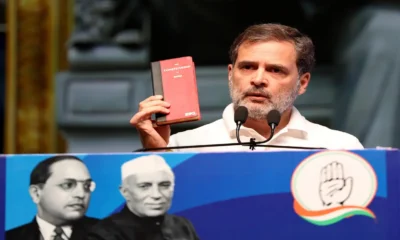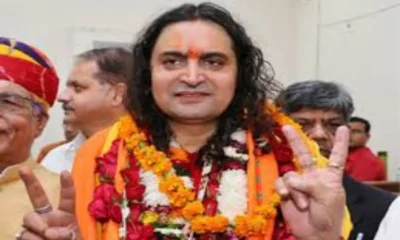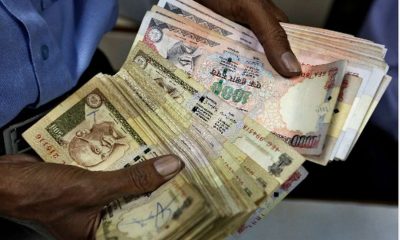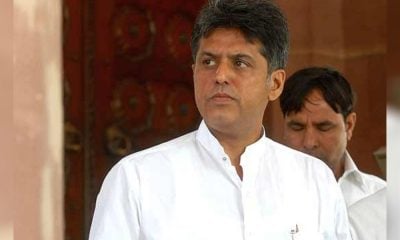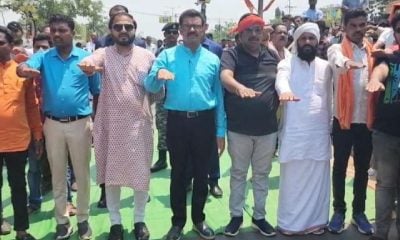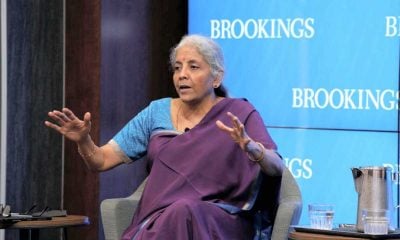[vc_row][vc_column][vc_column_text]People are losing jobs all over the country, including in the leather industry, but the streets are awash with happy cows
Ranjona Banerji
A month away from India and when you get back, the more things change, the more they stay the same. Short snatches of news from Twitter and Facebook give you a small inkling of what’s happening but there’s nothing like getting back home to realise that cow politics, chicanery, communalism and social discord are alive and kicking.
And, as we have understood it so far, compassion for either animals or humans or anyone else plays no part in these huge public displays for the love of cows. The opposite is true when you consider that it is open season for murderers in India as long as they claim that cow protection is their justification.
A random airplane meeting with a businessman invested in the leather tanning industry led to some interesting revelations. Or some obvious home truths, depending on how you look at life. The tanning industry in Kanpur, he said, was in a massive mess. Firstly, because of the devastating effects of demonetisation, and, secondly, because of the shutdown of slaughter houses in Uttar Pradesh. Kanpur is the world’s largest supplier of all equestrian leather. Buffalo hide is great for the furniture industry. But shoes and bags require cow leather. Both are in extreme short supply, thanks to various government schemes plus social, religious and cultural factors.
For a business already in decline because of shrinking demand and stagnation among other causes, the two recent government moves of demonetisation and protection of cattle have been a double whammy. The future of the industry and the implications for livelihood and economic impact are now hanging in the balance.
No one is unaware of the problems with tanneries – the polluting of rivers and added government pressure because of the Centre’s flagship Clean Ganga mission, although precious little has been done there. Nor can anyone justify the cruelty of illegal slaughter houses which must be legalised with improved and more human methods of killing animals.
But working to an end by taking note of all possible scenarios is not the Indian way of doing things. “Cow is our mother, Ganga is our mother” are nothing more than slogans, either to win elections or to create social discord. The intention by the Yogi Adityanath government is more to cement the Hindutva, upper caste vote than it is to either save cows or save rivers or bring order to industry. Of course, the former Samajwadi Party government did little to regularise the industry either.
The problem with stray cattle will only increase now as farmers have made it clear that they will not, and cannot support cattle once they are no longer productive and useful. There are almost no facilities for these ageing cattle, as we well know. Therefore, we will soon see a flood of cattle released on to our streets, in villages, towns and cities since the murderous “children” of these cows are not willing to house them.
Those who work at the bottom of the tanning industry and at slaughter houses are also those at the bottom of society – Dalits and Muslims. They will suffer along with the cows and buffaloes that no one wants or cares about. No one cares about them, either.
Those who have invested in the export of meat, or in leather, can and do belong to any strata, caste, religion and so on. And to be honest, one would have thought this government at least cared about them and the possible impact on the Indian economy when industries collapse.
But then we had demonetisation, the truth of which we do not yet know, months after it was foisted on us. So much for that.[/vc_column_text][/vc_column][/vc_row]
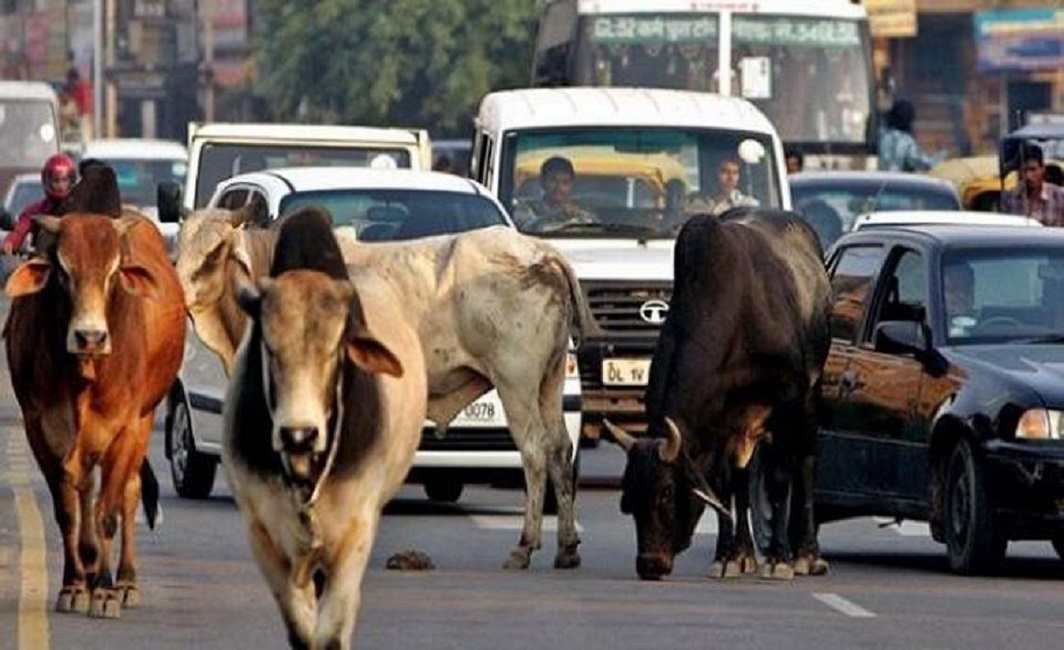

 Latest world news14 hours ago
Latest world news14 hours ago
 Latest world news14 hours ago
Latest world news14 hours ago
 Latest world news14 hours ago
Latest world news14 hours ago
 India News14 hours ago
India News14 hours ago
 India News5 hours ago
India News5 hours ago
 Latest world news5 hours ago
Latest world news5 hours ago
